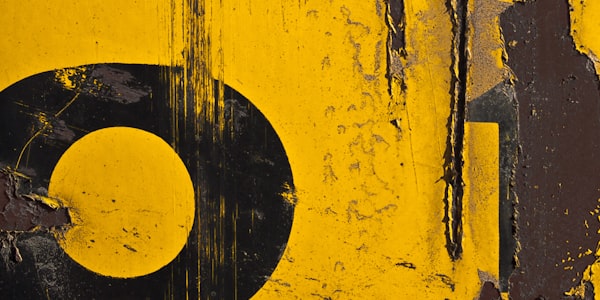New-wave wines of South Africa
Even though South Africa’s credit ratings are being downgraded, our wine credit is rising.
Leading opinion-formers in the UK, our biggest market, and the US, a key priority market for us now, are talking about us and our wines with a new sense of optimism and excitement.
What are they saying? They are telling a new story. It’s a story about daring, risk-taking, innovation and ingenuity. It’s about uncompromising integrity. What they enjoy about this new narrative is our courage and our resilience because it is refreshingly different.
It’s the story of a country that is beset by historical challenges, a weak currency and not much money but it speaks to our typically South African can-do attitude of ’n boer maak ’n plan (a farmer makes a plan).
Let’s look at some of their comments:
Just after the debut exhibition, Wines of the Beautiful South, held in the UK last year to jointly showcase the wines of South Africa, Argentina and Chile, Chris Losh of just-drinks wrote that South Africa was “one of the most exciting wine scenes on the planet” that was, as he put it, setting “the heather alight”. He called the experience of our wines at that exhibition “a thrilling roller-coaster ride”. He praised our wines for taking risks. He didn’t like them all but he liked a lot of them and he liked our attitude. He called them “nervy, skittish, beat-poet kind of wines with an unpredictability and edginess that you rarely see in the New World”.
British commentator, judge and critic Tim Atkin said just last month and not for the first time: “Each year, my conviction grows that South Africa has something unique to offer the world. There’s never been a better time to write about, taste or buy South African wine.” He says our industry has “segued into something even more exciting and diverse, combining old vines (in some cases), better viticulture and a renewed respect for the land with a desire to produce wines that reflect their Cape origin and can stand toe-to-toe with the world’s best.” Quoting Chris Alheit, one of our new generation high-profile winemakers, he said: “the golden age of Cape wine is ahead of us”.
Jancis Robinson, ranked one of the most influential people in the world of wine, also last month wrote in the UK’s Financial Times that “there is a whole new wave of younger, independent producers seeking to make wines, often based on old vines, that genuinely express what the Cape uniquely has to offer, rather than copies of international wine styles”.
She recently tasted some of their wines and also those of more established producers. They had been pitched to her as icons and she was understandably sceptical because it’s not a claim to be made lightly. After tasting them, she wrote: “I was not disappointed… They were intriguing, well balanced, appetising wines that promised interesting drinking in the future as well as the present, several of them from relatively unknown names. Most tastings I go to merely confirm what I already knew and give me a chance to identify the plums in any representation of a region, producer or new vintage. This collection of wines really did confirm the existence of a whole new era in a country’s wine history.” She then went on to say: “Since the ‘icon’ tasting I have gone out of my way to taste as many new-wave South African wines as possible.” And then she ends off with: “The Oxford English Dictionary has an icon as ‘something regarded as a representative symbol or as worthy of veneration’.” And to the winemaker who had invited her to taste these so-called icons, she says: “You win!”
High praise indeed from a very demanding and influential personality. Her sentiments are echoed elsewhere. Neal Martin, who covers South Africa for the still highly influential The Wine Advocate, wrote last year: “I am occasionally asked: what is the most exciting New World country on the scene at the moment … if I have to give a single answer then I would reply: South Africa.” He goes on to talk about “winemakers in their twenties and thirties with the fortitude, tenacity, talent and determination to realise their own vision of what South African wine can become; what is required in order to create genuine world-class wines; young guns who have worked vintages overseas and return armed with a global perspective. They use South Africa’s disadvantages to their strength. They might not have the financial means to establish deluxe, ostentatious, gilded wineries and a crack marketing team to promote their wares. Instead they use their modest means to eke out high quality, individual, limited production wines that will hopefully find consumers with discerning, appreciative palates.”
That’s exactly what I mean when I talk about that ’n boer maak ’n plan approach.
Wine Spectator‘s James Molesworth had a cover article on South Africa a year ago, quite an achievement in itself. For this leading US magazine with an international readership, he wrote: ”The evolving wine scene, combined with extraordinary natural beauty and a favourable exchange rate, is increasingly drawing people from around the globe to South Africa and its Winelands.”
You have recurring words like exciting, new generation, young guns, old vines, reflective of origin and beautiful landscapes. They speak to a sense of discovery and the enormous journey undertaken by our wine industry to make world-class wines after decades of economic and technological isolation.
These are the themes that underpin our communication as a country about South African wines: the people, the passion, the beauty, the land and the rich, rich variety.
– Siobhan Thompson
more on wosa.co.za




